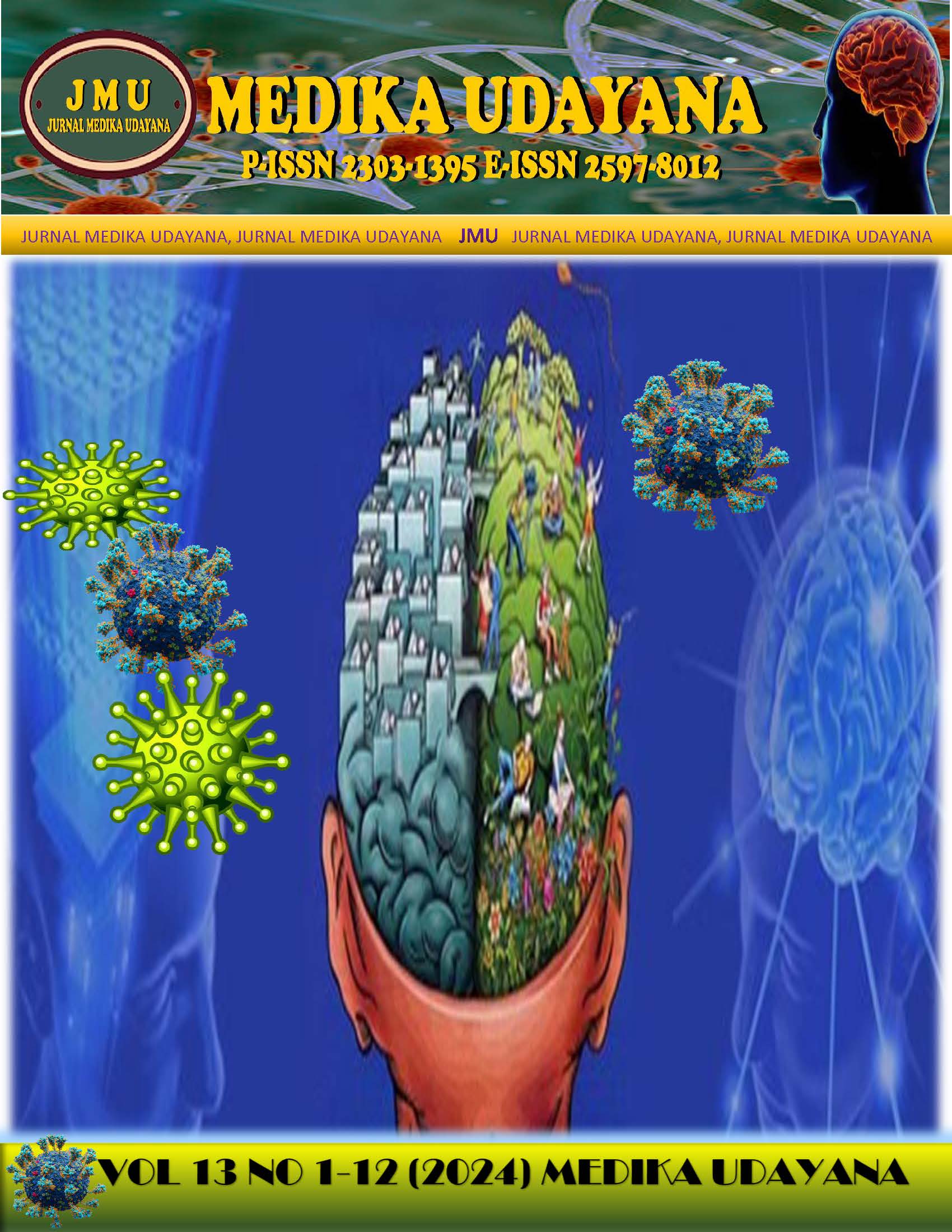EFFECTS OF ROBUSTA COFFEE (Coffea canephora) EXTRACT WITH DIFFERENT ROASTING LEVELS ON LIVER HISTOPATHOLOGY OF MALE SPRAGUE DAWLEY STRAIN WHITE RATS (Rattusnorvegicus) INDUCED BY ASPIRIN
Abstract
Abstract
Background: Coffee is a plant that widely consumed by the community. It contains antioxidant-rich compounds such as caffeine, chlorogenic acid, trigonelin, kafestol, and kahweol. Coffee quality related to the roasting process. This study aimed to determine the effect of different roasting level of robusta coffee extract (Coffea canephora) on liver histopathology of male Sprague Dawley strain white rats (Rattus norvegicus) induced by aspirin. Methods: This research is an experimental study with Post-Test Only Control Group design for 15 days. This research used 30 rats in 5 groups, K(-) (aquadest); K(+) (aspirin 90mg/day); P1 (aspirin and robusta coffee extract Light roast 25mg/kgBW/day); P2 (aspirin and robusta coffee extract Medium roast 25mg/kgBW/day); and P3 (aspirin and robusta coffee extract Dark roast 25mg/kgBW/day). Assessment of liver cell damage using modified Suzuki scoring. Results: Mean score of hepatocyte damage on the histopathological findings was K(-)=0,44; K(+)=1,92; P1=1,28; P2=1,20; and P3=1,68. Data analysis performed using One-Way ANOVA test followed by Post-Hoc LSD and obtained significant results between all groups. Conclusion: There is an effect of roasting level of robusta coffee extract (Coffea canephora) with the roasting level is Medium Roast on liver histopathology of male Sprague Dawley strain white rats (Rattus norvegicus) induced by aspirin.
Key Words: aspirin, coffee roasting, liver histopathology, robusta coffee extract.











